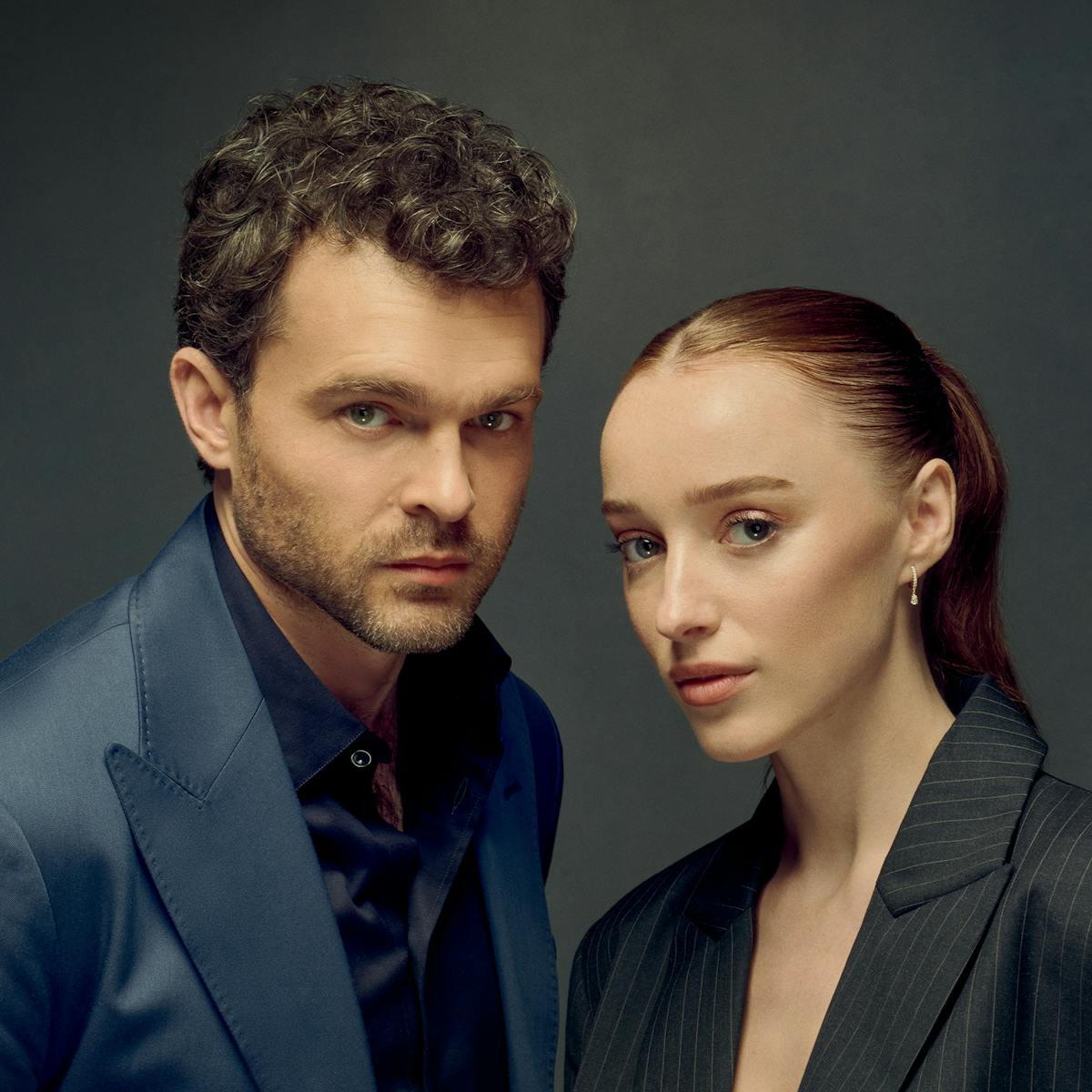The celebrated composer discusses his latest work on the German series Dear Child.
No, he never learned notes. Seventy-two-year-old Gustavo Santaolalla smiles into his gray beard. His long mane of hair is tamed in two playful braids. Together with Juan Luqui, who is 32 years old and also comes from Argentina, Santaolalla produced the soundtrack for the new German Netflix miniseries Dear Child.
Santaolalla is a legend in his home country of Argentina and in all of Latin America and the Latino community in the States. TIME magazine lists him among the 25 most influential Latin Americans in the U.S. Few people in Germany know his name, but almost everyone has heard his music. He has won two Oscars — for scoring Brokeback Mountain and Babel. Gamers know his work from the end-time games The Last of Us and The Last of Us Part II.
“Even as a 16-year-old, when I formed my first band, we combined the old with the new. I have always been interested in traditional genres and admired the old instruments. Not only those from Argentina but also those from other countries in Latin America,” he said in an interview with the German news magazine Der Spiegel.
Composers Gustavo Santaolalla and Juan Luqui provide an insight into their soundtrack for the newly released thriller series, Dear Child.
It was precisely this mixing of tradition and modernity that displeased Argentina’s fascist military junta. “In 1978, when I was just 26 years old, I had to flee Argentina because I was on the dictatorship’s blacklists,” the composer describes. Santaolalla left for Los Angeles and continued making music with increasing success, without forgetting his roots. His numerous works as a composer, producer, and musician include collaborations with musicians Juanes, Café Tacuba, and Molotov. He received the Latin Grammy as a producer for Juanes and Café Tacuba in 2001 and 2003.
The collaboration with the production of Dear Child stems from the fact that Santaolalla has a special relationship with Germany. In an interview with the German Teufel blog he says: “I have a fondness for Germany. I grew up in a small town on the outskirts of Buenos Aires that was founded by Germans. I even went to school at the German Garden City School, had German friends with German last names. So, I still understand a bit of the language and can also read German. Of course, I have been to Berlin many times. A great city, a great place for artists. And I like that.”
Santaolalla has had the desire to work on a German project again ever since he composed the music for Joseph Vilsmaier’s film Nanga Parbat in 2010. He was particularly attracted to the plot of Dear Child. “It is very violent and has hard and rough moments, but at the same time there is something very fragile about it. People are on the brink, about to break. There were great opportunities to try out different things. For example, the mix of electronic and acoustic music — Dear Child was perfect for that,” says Santaolalla. It was a big challenge to “create tension musically that doesn’t just consist of dun dun dun dun dun dun.”

Lena (Kim Riedle)
Santaolalla is in search of new paths. He develops his film compositions from the screenplay, and his music often inspires directors in their productions. Santaolalla tells Teufel-Blog that the most important component of his work is the search and finding of one’s own voice and one’s own identity. You can definitely lose yourself at times. “It’s like taking the wrong exit off the motorway. You then have to drive back to find the right exit.”
Santaolalla’s very own identity always consists of the courage to leave gaps, to pause, to remain silent. “The conscious use of silence is an eloquent silence. This silence then has a meaning. It is a silence that continues. Like floating in the air, waiting for the next note to come in.” Because even if Santaolalla never learned to read music, he feels it.




